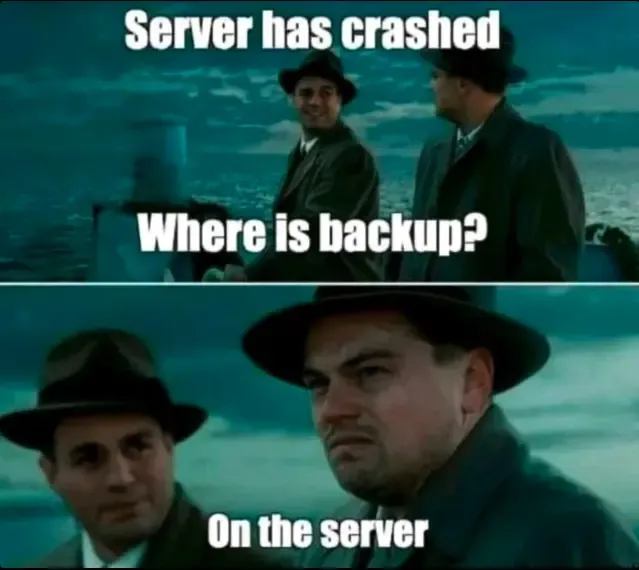+ASM and +APX Instances are not registered with listener.
.webp)
Listener does not currently know of SID given in connect descriptor. After upgrading Oracle grid infrastructure from 11.2.0.4 to 19c; we have detected that +ASM and +APX(ASM Proxy) instances used for advm are not registered with listener and OEM target status shows down. They were only accessible from private-network(192.168.*.*).We have checked configuration attributes for asm instance with srvctl command. The easy and first step to take was to set it with "srvctl modify" command. Oops something went wrong and that is not possible. It looks like this command is not working anymore, searched docs.oracle and checked oracle support but no easy way out. Checked asm proxy instance local_listener parameter and it was not set. According to the "Real Application Clusters Installation Guide for Linux and UNIX" , If you do not set LOCAL_LISTENER, then the Database Agent process automatically updates the database associated with the local listener in the Grid ho
.webp)





